🔎 How to Overcome the Fears that Hold Us Back
On embracing uncertainty and paying attention to what scares us
I’ve longed to visit South America for years. But every time Daniel brought up the idea of traveling there, I reacted negatively. There’s too much corruption and crime, I would say. There’s a dengue epidemic and too many disease-carrying mosquitos. It’s too dangerous!
I know my reaction was unreasonable. South America is a continent with a huge variety of landscapes and communities. Over 420 million people live there and 33 million tourists travel there each year. Sure, inequality is massive in many of its countries and poverty can drive desperate people toward crime. There are also too many drug gangs (zero is sufficient) and dengue is a real concern. But it’s unjustified to dismiss South America as one giant dangerous infection zone.
So when Daniel and I were offered a house sitting opportunity in San Miguel d’Allende (Mexico) by one of my newsletter subscribers—thank you, Lindy!—and it seemed to make sense logistically for us to stay in the Americas (where we’re headed next) until April, I looked at my negativity and questioned myself.
Was I going to open my mind and research how we might wisely travel to South America or was I going to let my blind fears hold me back?
“Within my reach!
I could have touched!
I might have chanced that way!”
—Emily Dickinson
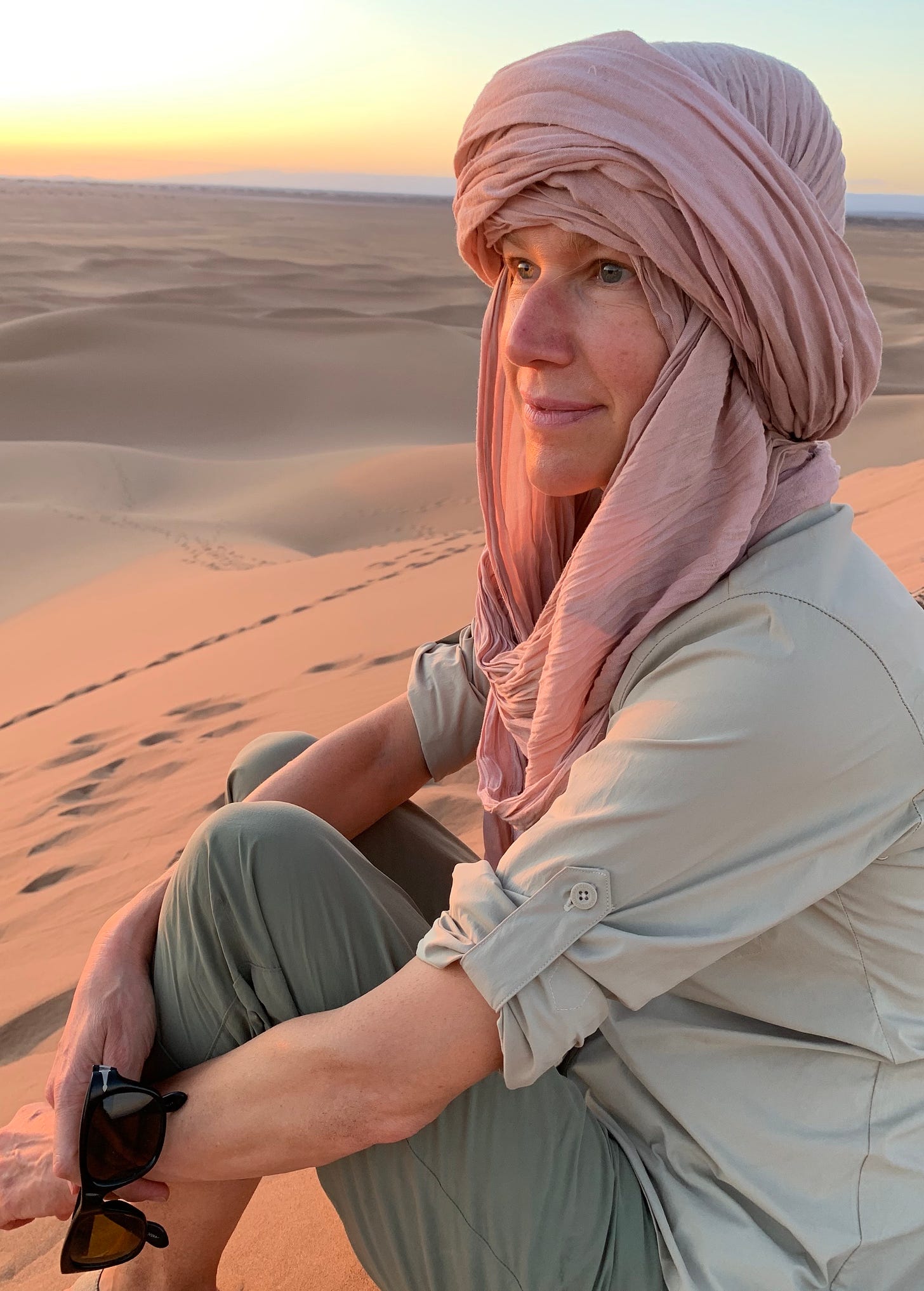
Recognizing the Dangers of Passivity
Sometimes we do things we don’t really want to do for fear of missing out; this is part of FOMO. But sometimes we miss out on things for fear of something that remains all too vague.
Our past experiences have led us to believe that every change can be for the worse. Moving into a new house, switching jobs, reconnecting with an estranged relative. Every physical or metaphorical journey is a descend into the unknown where we may not like what we find. We worry that when we open a new door we’ll find trouble on the other side.
We could respond to this fear by doing nothing. Afraid of change and making mistakes, we say, South America is too dangerous! and look the other way as though the continent has fallen off the map entirely.
But when we let this fear determine our decisions, we limit ourselves.
Fear is essential for our survival. It alerts us to the worst of hazards, predators in the woods, slippery slopes, dark alleys, dictators up for (re)election. Without fear we’d all be dead a lot sooner than necessary. It’s good to listen to our gut at times. But too much fear isolates us, kills our curiosity, and makes us miss out on experiences that might have otherwise enriched our lives.
Carpe Diem, the Romans said—Seize the Day—and they were right. Our time on Earth is limited. We don’t want to waste our life by being too afraid. Ergo, I weigh the dangers of what I’d like to do—swim with turtles in the Galapagos—against the dangers of my passivity.
“Fear of making mistakes can itself become a huge mistake, one that prevents you from living, for life is risky and anything less is already a loss.”
― Rebecca Solnit, A Field Guide to Getting Lost
Paying Attention to Anxieties
I never considered myself to be an overly fearful person. I never lay awake at night thinking of death or the apocalypse. But over time, and most notably during the pandemic and subsequent family drama, I’ve grown more nervous and afraid.
I denied my anxieties at first. I naively hoped that by not paying them any attention, they would cease to exist. Over time, however, I learned that repressing my fear only made me more afraid, because my anxieties would arise on moments I least expected them. Not understanding what I feared on such moments exactly, I had no recourse, no arguments to calm myself down.
Things improved for me when I became mindful of my anxieties and addressed them on moments I felt most capable of coping with them. A worry would arise and I would pause, asking myself questions. What’s going on now? What am I afraid of? What’s the worst that could happen? What can I do to reduce my stress? I would breathe deeply and reflect, and even if I couldn’t answer all my questions right away, I often felt a little better.
Paying attention to our anxieties can feel like like finding a crumb trail we don’t want to follow. Superficial worries may lead us to deeper fears that are more difficult to soothe. But it’s necessary to see where our anxieties are coming from if we want to stop them from leading us astray.
Please note: I’m not a trained mental health care provider. I’m speaking only from my personal experience with mindfulness. Please seek professional help if you suffer from severe anxieties and cannot alleviate them on your own.
Researching Risks and Reducing Vulnerability
When Daniel and I wanted to travel to Morocco in 2019, I was hesitant. I’d heard enough cautionary tales about fake guides and random violence to deter me from going. But how many of these stories were true?
I did my research. I learned where political tensions and drug trafficking were most prevalent. I found out what the common scams were and what routes were considered safe enough for (at that time) unseasoned travelers like us. I made sure we got our vaccinations and knew what to do in case we got into trouble despite our precautions. Which happened, though not dramatically—a story for another day.
My awareness of the realistic dangers in Morocco increased my fear at first. There was so much to be vigilant of! It seemed impossible to stay safe.
Then again, had I ever been? There’s uncertainty and risk in everything we undertake no matter where we are. We tend to be least careful and therefore most exposed when we consider ourselves safe.
Knowledge is power. We’re afraid when we unexpectedly walk into the wrong neighborhood because we are unprepared. Understanding the dangers of a contemplated journey reduces our vulnerability and knowing that can help us overcome our fears.
Believing the risks—and not the myths—can make us less scared.
“There are more things likely to frighten us than there are to crush us; we suffer more often in imagination than in reality.”
—Seneca.
Practicing Courage
Before I left Paris, I spent the majority of my days at my desk, writing. I don’t think this was entirely a waste of time, considering that I’m a writer and enjoy writing, but looking back, I realize that I could have benefited, both personally and professionally, from being more adventurous.
Now as a nomad, I want to stay open to the world. I need to overcome my fears when I travel, and I travel in order to overcome my fears.
Courage is not being fearless. Courage is doing what we truly want despite our fears.
The most rewarding experiences for me begin with accepting that I’m unsure of the future and control nothing. My freedom lies in my willingness to take a chance.
“What gives value to travel is fear. It is the fact that, at a certain moment, when we are so far from our own country … we are seized by a vague fear, and an instinctive desire to go back to the protection of old habits … this is why we should not say that we travel for pleasure. There is no pleasure in traveling, and I look upon it more as an occasion for spiritual testing … Pleasure takes us away from ourselves in the same way as distraction, in Pascal’s use of the word, takes us away from God. Travel, which is like a greater and a graver science, brings us back to ourselves.”
― Albert Camus, Notebooks, 1935-1951
Overcoming the fears that hold me back is one of my life mottos. I intend to write an essay about each motto in the months/years to come.
Related Essays
Desk Journeys aka Book Recommendations
A nonfiction book that beautifully illustrates this week’s theme is Run Towards the Danger: Confrontations with a Body of Memory (Penguin Books, 2022) by Sarah Polley.
In six gorgeous essays, the Canadian filmmaker, actor, and author explores what it means to live in a constant state of change. She takes the reader back to crucial and tragic times in her past while reflecting on the fallibility of memory and our capacity to experience our past anew as the person we have become. In the aftermath of a serious concussion, Polley learns how to recover from this and other traumas by training herself to move towards the activities that trigger her symptoms. Rather than hide in a protective bubble, she counterintuitively runs towards the danger.
Time to Say Goodbye
From the spooky castle on the hill, I’m wishing you all a great Halloween.
See you next week, on Tuesday this time, for a special USA Election Day edition.
All my best,
Claire
P.S. Advice on South and Central America is welcome! I know Machu Picchu is great, but what are your personal underrated (yet reasonably safe) favorites?




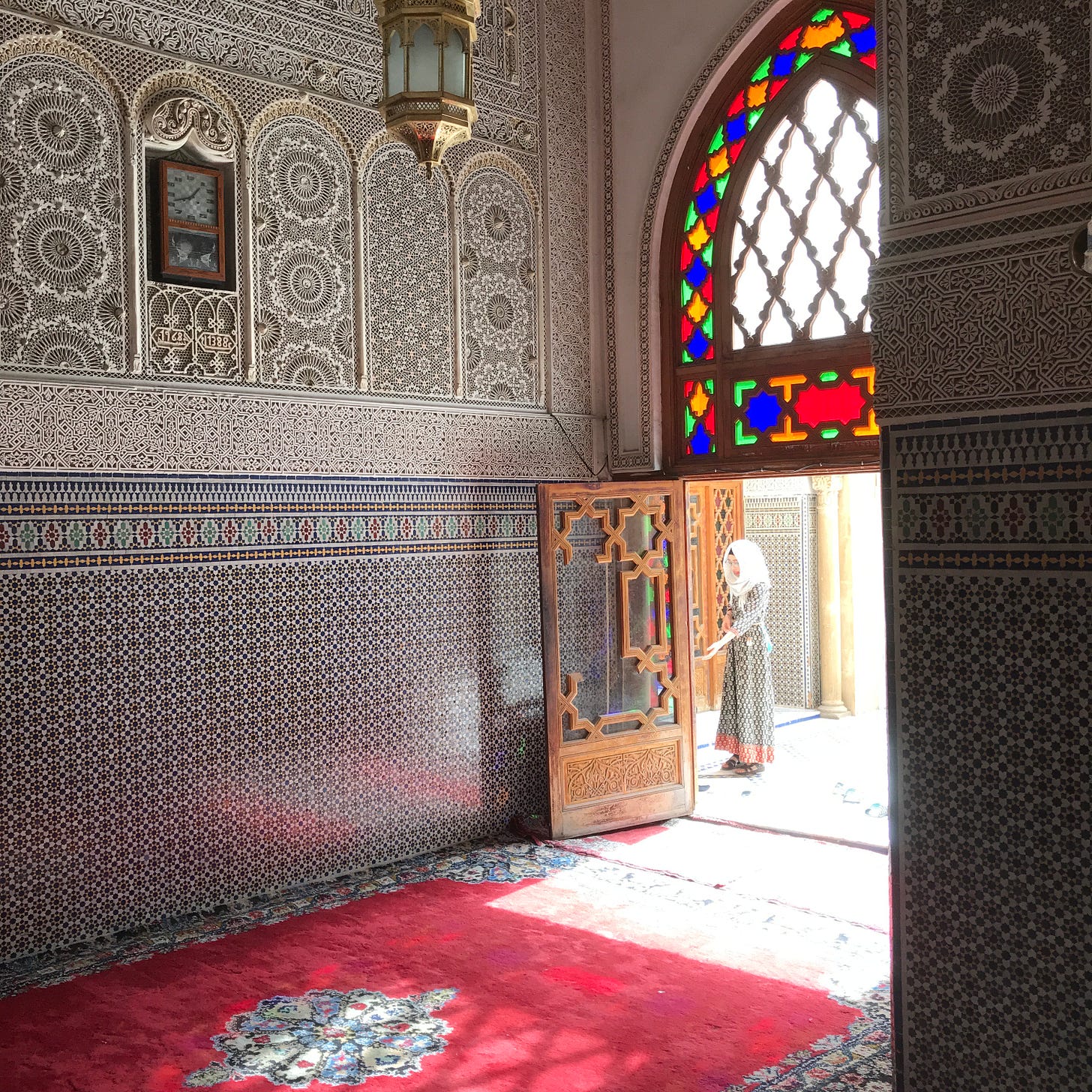
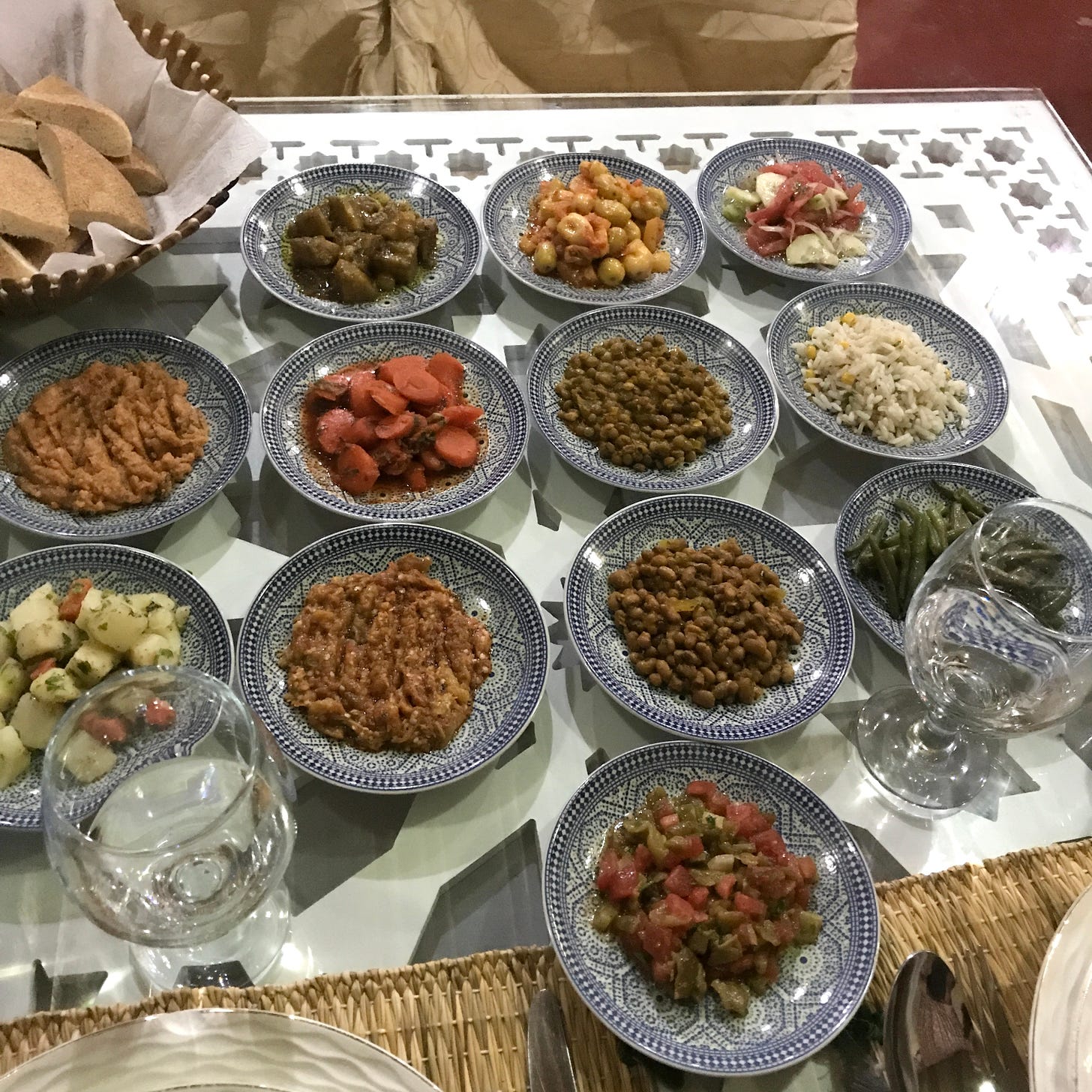
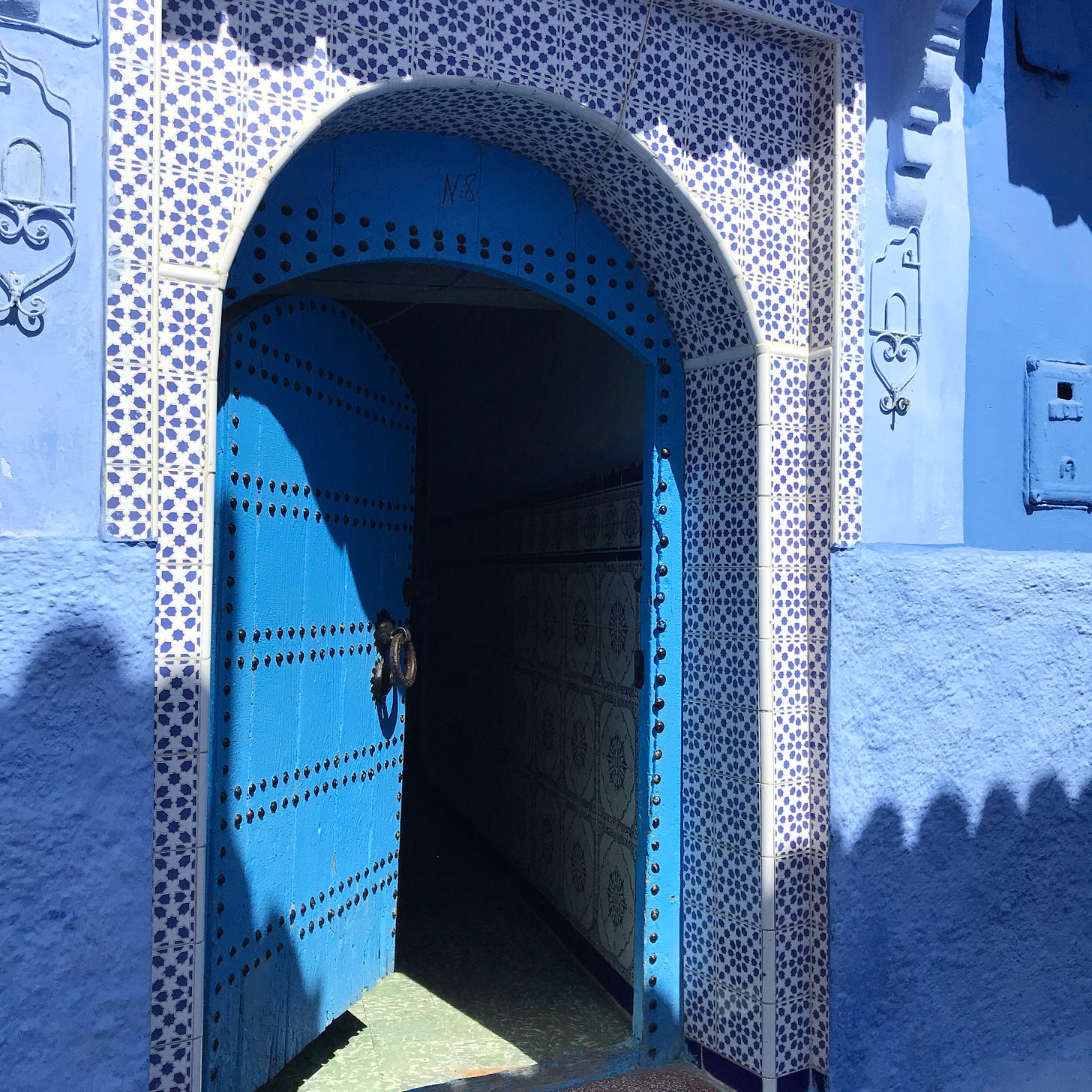

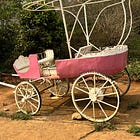
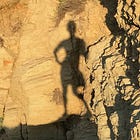
Looking forward to reading about your South and Central American adventures!
Sounds fantastic Claire. I’ve traveled in Ecuador and a little bit in Colombia and Peru. And it was all wonderful. Enjoy!!
To not letting our fears hold us back!